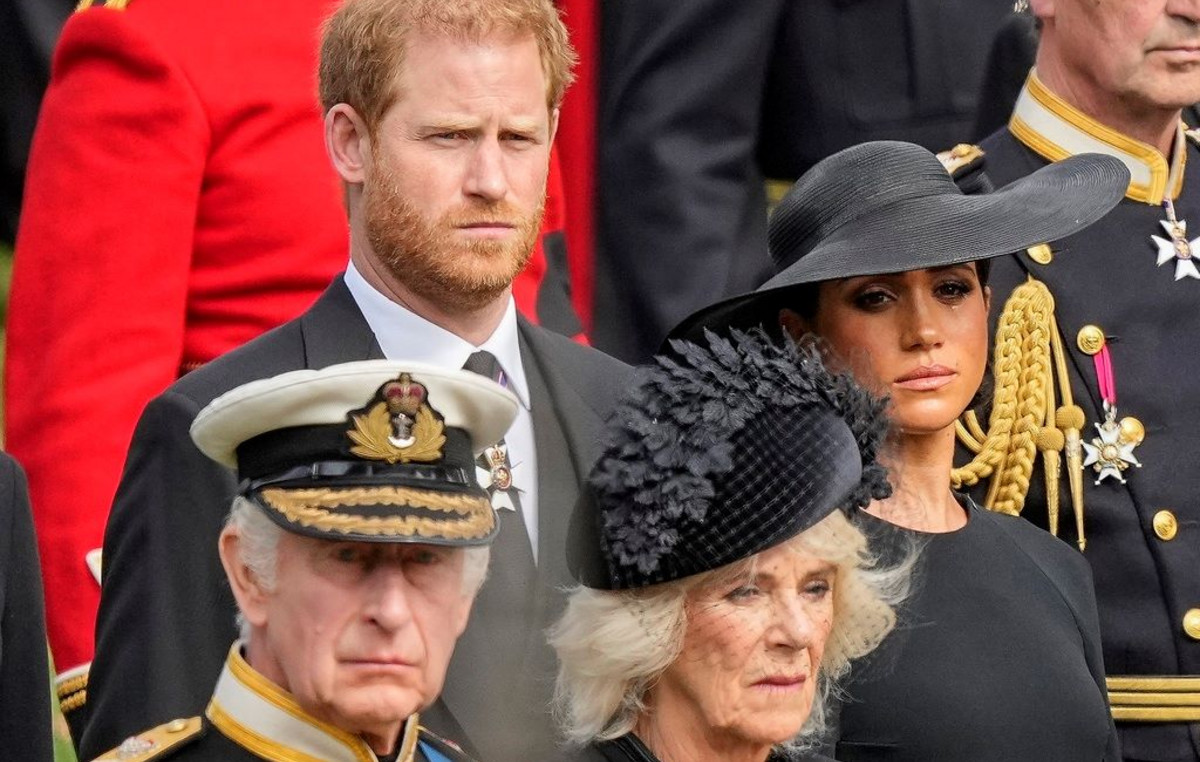Two associations linked to indigenous movements prepared a dossier in which they classify that the National Foundation for the Indigenous (Funai) promoted an anti-indigenist policy during the government of President Jair Bolsonaro (PL).
The document, entitled “Anti-indigenous Foundation: a portrait of Funai under the Bolsonaro government”, has 173 pages and was produced by Indigenistas Associados (INA), an association of Funai civil servants founded in 2017, and by the Institute of Socioeconomic Studies (Inesc). ). The material highlights the main points that, in the researchers’ view, led to this scenario:
1) Priority to ruralists
The researchers point out that, on January 1, 2019, the first day of government, Provisional Measure 870 was edited, which tried to remove from Funai the function of demarcating indigenous lands and manifesting itself in environmental licensing processes with an impact on them. The idea was that these attributions belong to the Ministry of Agriculture. The Federal Supreme Court (STF), however, ended up overturning the MP.
2) Military occupation
With no ruralist control, Funai’s command was handed over to the military, but with ruralist influence. The president of Funai, Marcelo Xavier, was approved by the Special Secretary for Land Affairs of the Ministry of Agriculture, Nabhan Garcia, to assume the position. The survey shows, however, that, of the 39 Regional Coordinations of the entity, 19 are coordinated by officers of the Armed Forces; three by military police; two by federal police and two by public servants. In the others, there are substitute servers or those with no ties to the public administration.
3) Vacancy of positions
The survey reports that the last report of the body, dated 2020, shows that there were more vacant positions in the municipality (2,300 vacancies) than professionals in action (2,071 professionals, 1,717 of which are permanent employees). In addition, they accuse the agency of internal persecution against civil servants who do not follow the government’s guidebook.
4) Fieldwork difficulties
The study mentions that there was intense centralization of work and bureaucratization of field activities. The researchers say that, before, the trips of civil servants to indigenous territories only depended on the signature of the president of Funai in extraordinary cases. This has changed and today, authorization is required 15 days in advance, authorization from the institution’s board of directors and a technical opinion from the General Coordinations, in Brasília, indicating that the trip is relevant. The daily rates, the survey accuses, were abolished.
5) End of demarcation of indigenous lands
No indigenous lands have been delimited under the current government. Delimitation is the first phase of creating an indigenous reserve. The authors also point out that there are no demarcation goals and that, in the work groups set up to respond to court decisions, Funai delays the process, trying to recompose the groups and relocate servers. Today, there are 620 demarcation processes stuck in the initial stage and 117 territories awaiting approval.
6) Use of “trusted” anthropologists
The study points out that Funai started to use anthropologists aligned with the thinking of Funai’s command to be able to subsidize the entity’s technical groups. The document also says that the Brazilian Association of Anthropology itself says that those chosen are “people without the least qualifications and legitimacy, even without legal support to coordinate and carry out studies of identification and delimitation of Indigenous Lands”.
7) Lands taken off the map
Normative Instruction No. 9 of 2020 provides that in only lands already approved, indigenous lands will overlap over private lands. In the researchers’ view, this ended up weakening the lands that are in the process of approval.
8) Criteria for classifying the “true indigenous”
Resolution No. 4 of January 2021 was published to define criteria to indicate who is or is not indigenous. The government’s objective was to define who could have access to public policies. The researchers point out that the resolution is unconstitutional because it violates the principle of indigenous self-identification provided for in Convention 169 of the International Labor Organization. She was eventually suspended by the court.
9) Deforestation
The dossier shows that deforestation on indigenous lands has grown by 138% since 2019, opening space mainly for prospectors.
10) Withdrawal of lawsuits
The dossier says that Funai has formally withdrawn from lawsuits involving collective rights of indigenous peoples.
wanted by CNN Funai said that it “does not comment on unofficial data” and that “information on the foundation’s performance is available on the agency’s official channels”.
The Secretary of Communication of the Presidency of the Republic did not comment.
See the full document:
Source: CNN Brasil







